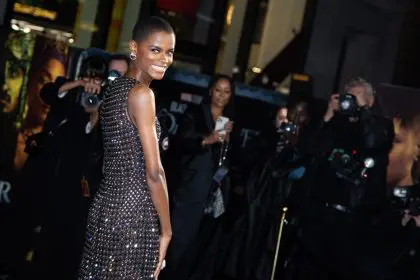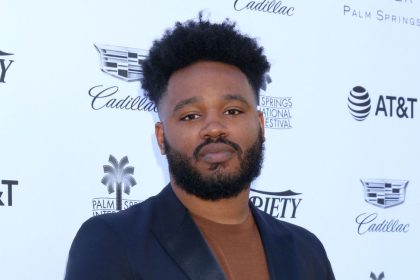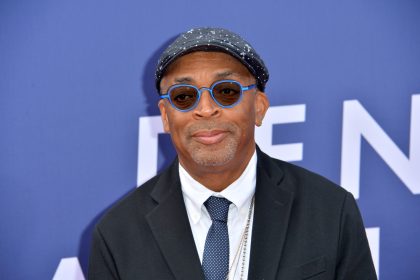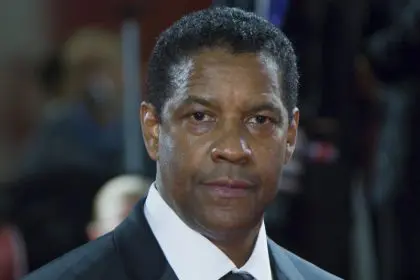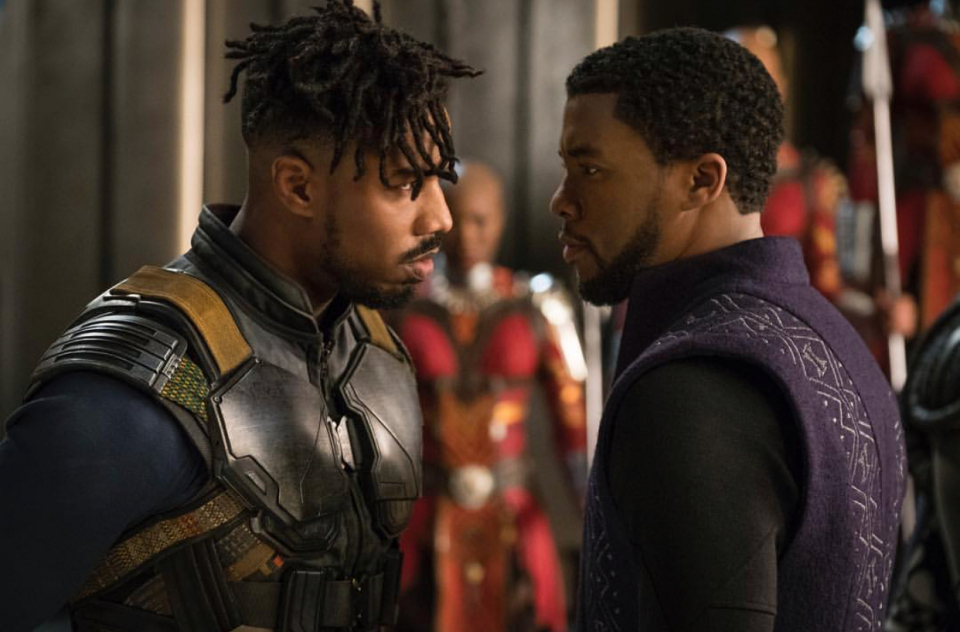
Black Panther was epic. The pageantry and storyline is one for the ages and will stand as one of the best productions that Marvel has presented to the masses. I am so impressed with this production but I am more impressed by the gems the 31-year-old director, Ryan Coogler, dropped.
To date, Black Panther has earned $387M globally and $192M domestically, making it the fifth highest weekend box office opening in history. As amazing as this story is, the way the film speaks to the tension between Africans and African Americans stands as an underlying issue.
SPOILERS
The multifaceted, rich albeit fake country of Wakanda exists as an utopia when it comes to the rest of the world. The idea seems so far fetched it’s as if you would need to be swept up in a tornado and dropped off just to see it.
Coogler deliberately started the story in 1992 in Oakland California. Oakland is important because it is the home of the original Black Panther party. Further, 1992 is significant because it was the year of the LA Riots when Black frustration with regards to injustice in the Rodney King verdict and police brutality bubbled over into a fiery expression.
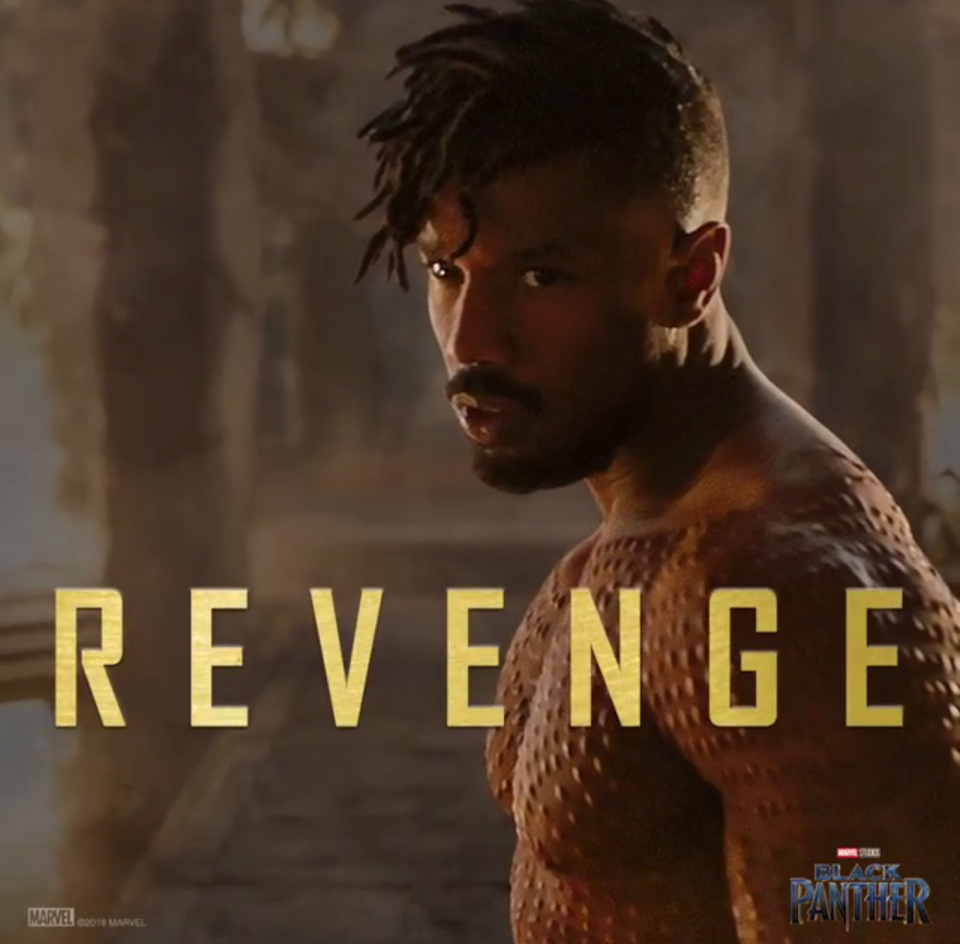
Erik Killmonger was created under these conditions. Of course, he is driven by rage and the opportunity to get revenge, but something else rests right beneath the surface. The opportunity to turn the tides in the favor of Black people is on the fringes of his pursuit and he is determined to use his birthright to right the wrongs.
People have oversimplified the difference of opinion between T’Challa and Killmonger as that of Malcolm X and Dr. Martin Luther King. It goes so much deeper than that. This is a battle between those who were enslaved versus those who were not. There is often an underlying resentment between the African American and the African. The African American feels like a forgotten people here in the wilderness (America). They do not know their true ancestry and have no knowledge of who they really are.
This predicament leads to more questions: Why didn’t those on the Continent mobilize and turn the world upside down to free and reclaim their stolen and suffering brothers and sisters in the wilderness? On the other side, some people point out that while Africans enslaved in the Americas and elsewhere were being treated as animals, those remaining in Africa were being colonized, tricked and killed for their riches and land. So, how did we all allow the Continent to be colonized and pillaged?
Two sides. Two arguments. Do we need to have a reckoning with each other? Yes, we do need a reckoning. We need a reckoning with the colonizer. This reckoning, however, will not come to fruition through violence and despair.
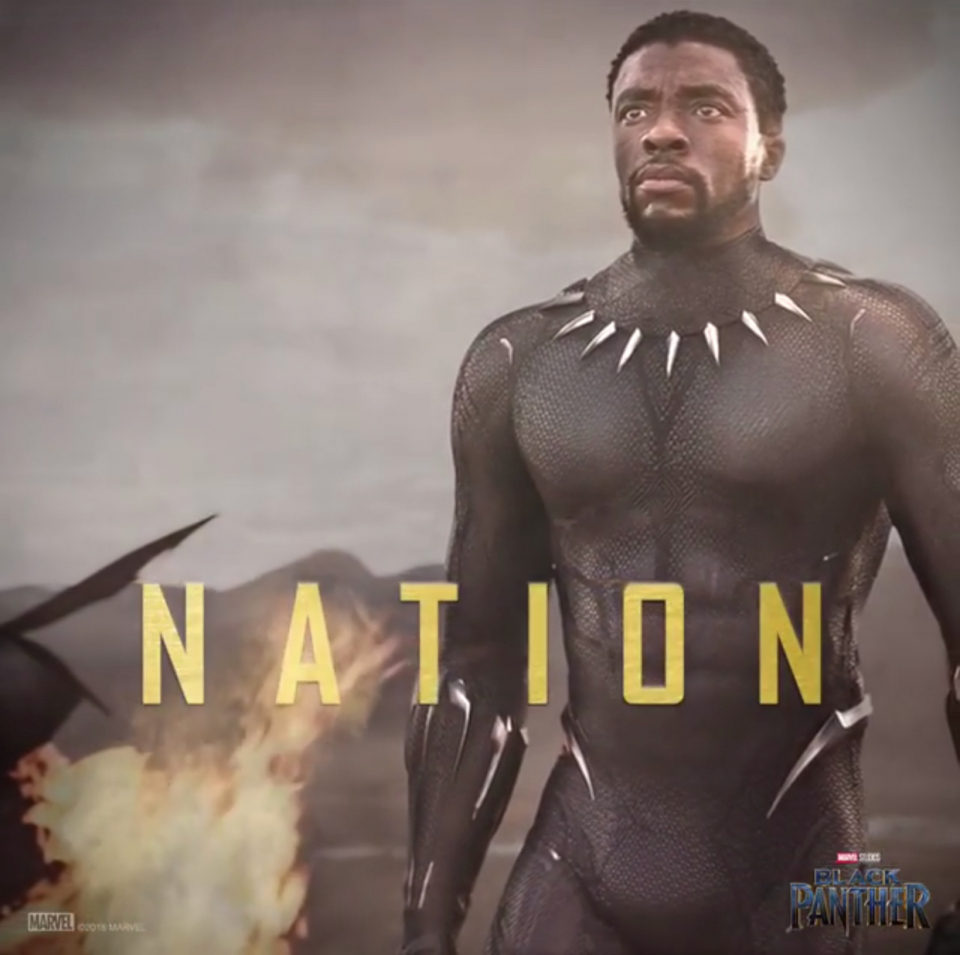
The mobilization and pride that was displayed from Black people behind this movie is the example of how this reckoning is being achieved. We see ourselves in Africa and Africans can see themselves in us. A movie theater filled with Black faces in African clothing does something to the minds and hearts of those who have a yearning to be connected to the motherland. It represents a unity that may seem trivial on the surface but starts the conversation.
An army of women who are not deterred in their loyalty is the story of the Black existence and serves as a consistent reminder that it is time for the men to rise up and take their place as king.
T’Chaka tells his son, “You are a good man with a good heart. And it’s hard for a good man to be a king.”
We need good men to be king. We need men ready and willing to fight for their freedom. We need good man to value their family. We need good men to shift the tides, embrace education, economics and forge a path to a future that will lead to freedom justice and equality.
Black Panther is a coded production and when we start to uncover the gems embedded in the Hollywood theatrics we will tip the scale. We will unlock the secret code and be recognized and rewarded as the royalty we are.

